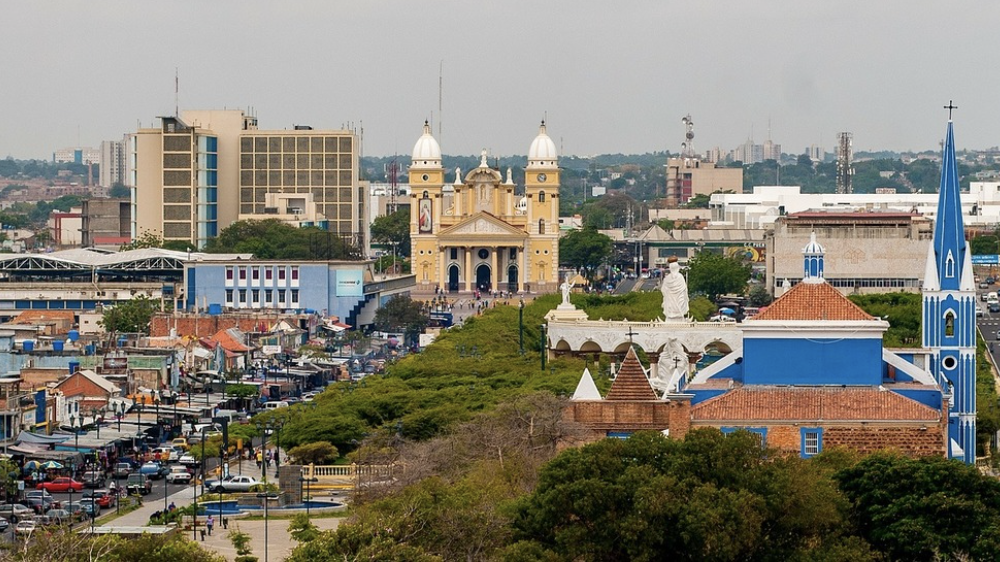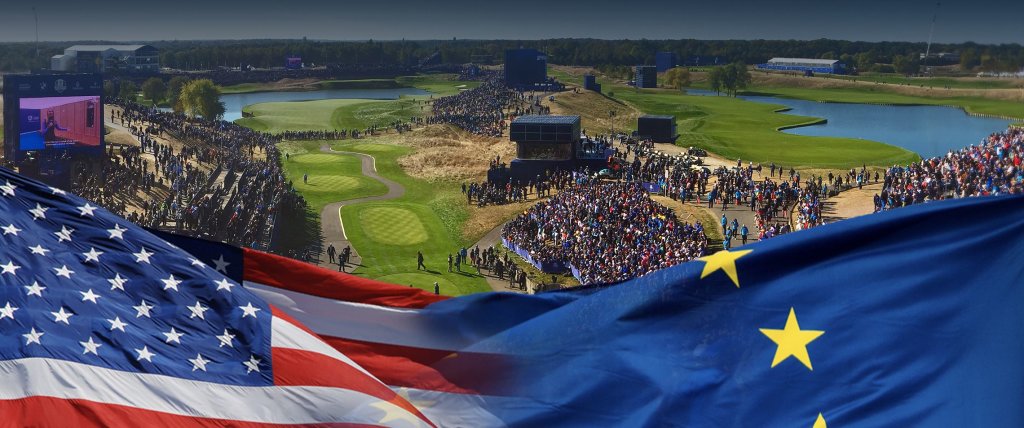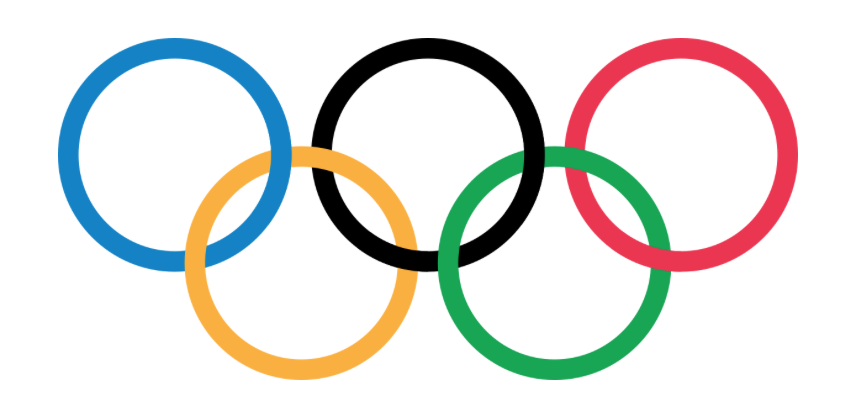The 2020 Olympics (in 2021!)
Better Late Than Never
February 23, 2021
Every two years, athletes from all over the world gather for the largest sports competition of a lifetime. The first version of the Olympic games took place in Athens in the 776 B.C. These games continued for nearly 12 centuries, but were eventually banned by Roman emperor Theodosius I for being a “pagan festival.” The first modern Olympic games were held in Athens, Greece in 1896 and featured participants from 13 nations. In 1924, the Olympics transformed into the spectacle they are today. More than 44 countries participated that year, and the Winter Olympics were created as well.
Over the years, the Olympics have seen some truly amazing moments. Jesse Owens’ triumph at the 1936 German Olympics made a mockery of the German’s idea of Aryan supremacy. In the 1980 Winter Olympics, the United States’ underdog ice hockey team defeated the heavily favored Soviet team (as shown in the movie Miracle). The Olympics have only been canceled three times since 1896, and all three times during World Wars: 1916, 1940, and 1944. Since then, the world has always come together and put aside its differences to compete in the Olympic Games. Beyond the sense of international unity provided by the games, they allow individual countries to rally around their athletes. A large number of Americans tune into the games each year, especially during the Summer Olympics. This year with political tensions and overall stress so high in the US, the Olympics would have been the perfect unification for us as a nation. Unfortunately, COVID-19 had a different idea.
The 2020 Summer Olympic games were scheduled to take place from July 24 to August 9, 2020, in Tokyo, Japan. In March, as cases spiked around the world, the International Olympic Committee (IOC) decided to postpone the games to 2021. Interestingly enough, the games will still be called the 2020 Olympics—in part because of the amazing Tokyo 2020 logo that wouldn’t fit too well with 2021.
While the IOC still plans to go forward with the Games, there are many preliminary factors that are affected. Many qualifying competitions, in which countries decide which athletes will get to compete at the Olympic Games, have been postponed. These events often involve large numbers of athletes competing in close quarters without masks, making them difficult during the pandemic. While leagues such as the NFL and NBA have been able to get past such difficulties with mass testing and quarantine bubbles, many countries lack the resources to achieve this standard for their Olympic athletes.
Japan and IOC officials have affirmed their commitment to go forward with the games, especially since a complete cancellation would cost Japan an estimated $41.5 billion USD. As of now, the 2020 Olympic games will commence with an Opening Ceremony on July 23, 2021. Japan’s COVID cases have been under control for some time now, and despite a slow start, they have a solid plan for vaccination. Japan should be more than capable of hosting the Games, especially as more people get vaccinated. As for the question of individual countries struggling to field a team, the IOC has approved a massive solidarity budget of about $590 million designed to assist Olympic programs around the world.
The Olympic games provide some of the most exciting and powerful sports competitions in existence. The wide variety of competitions and overall length of the games provides all fans with an opportunity to appreciate their nation’s athletes. Moreover, the Paralympic games, which are scheduled for August 2021, provide hope and inspiration for disabled individuals around the world. For the US especially, our Olympic team is expected to dominate the competition, with projections giving Team USA 126 overall medals. For perspective, China is projected to earn 81 medals in second place.
I, like so many Americans, look forward to both the Summer and Winter Olympic Games every 2 years. The Games, if done properly, will raise the spirits of people all around the world in a time of uncertainty. If the IOC, the Japanese Olympic Committee, and all participating countries need to spend more money or resources on the Games, that is a small price to pay for upholding a tradition that has stood for centuries. Over the next few months, keep your eyes open for more Olympics news, and when the summer comes, make sure to tune in and support the athletes (especially Team USA).




























